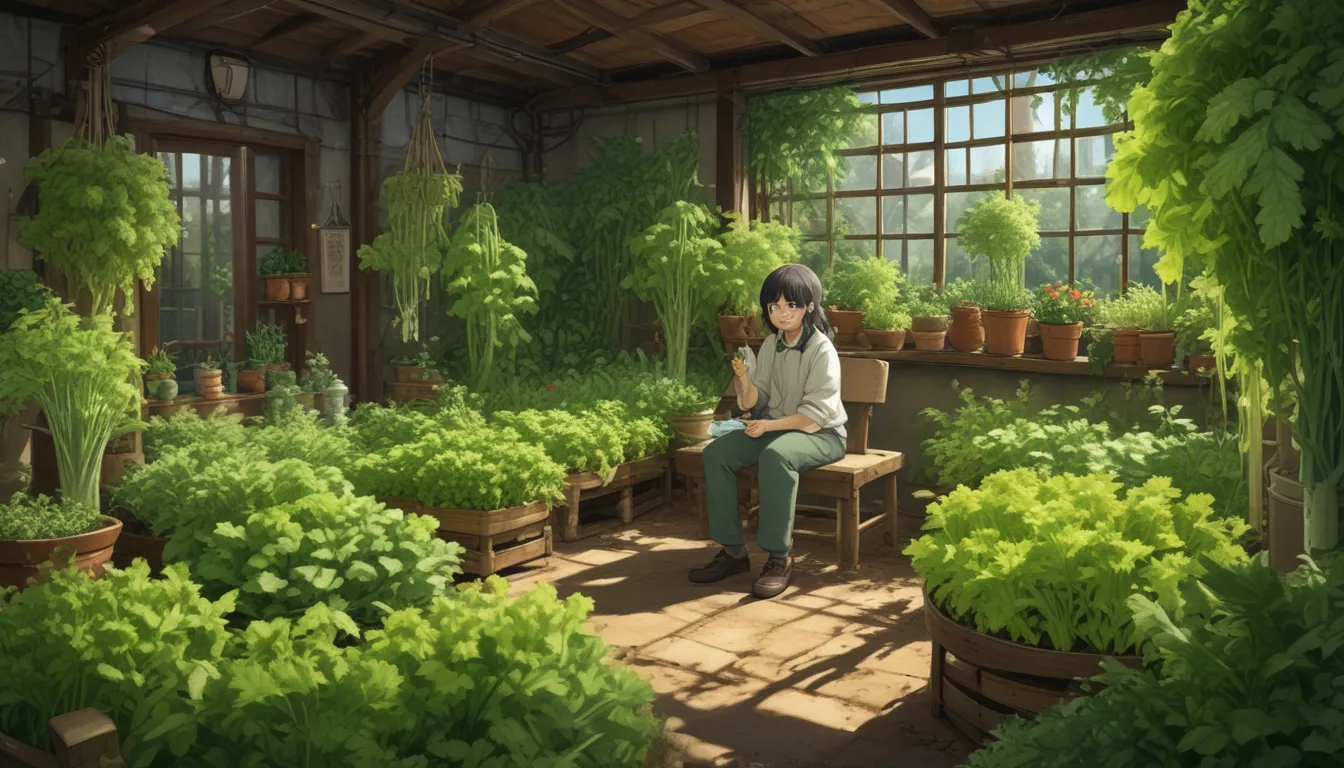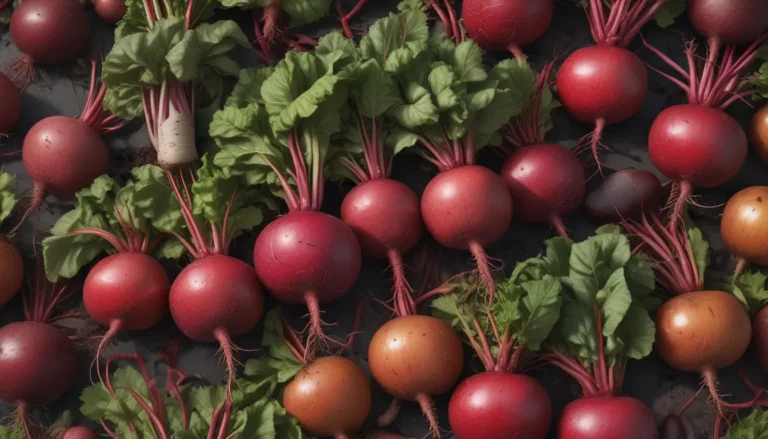How to Prevent and Treat Bitter Celery in Your Garden

As gardeners, few things are as disappointing as growing your own vegetables, only to find that they taste bitter and unpleasant. This can happen with various plants, including celery – a delicious and versatile vegetable that can turn acrid if not cared for properly.
In this comprehensive guide, we will explore the reasons why your celery may taste bitter and what you can do to prevent or remedy this issue. Whether you are a seasoned gardener or new to growing your own produce, this article is full of valuable information to help you cultivate sweet and flavorful celery stalks.
Common Culprits of Bitter Celery
Here are five common reasons why your celery may taste bitter:
-
Not Enough Nutrients: Just like us, plants need proper nutrition to thrive. If your celery is not receiving enough nutrients from the soil, it may result in bitter-tasting stalks. Consider using a balanced fertilizer every three to four weeks to ensure your plants are well-fed.
-
Too Much Heat: Celery prefers cool temperatures and can turn bitter if exposed to excessive heat. Ensure your plants are shielded from high temperatures by watering them in the morning and mulching to keep the soil cool.
-
A Lack of Water: Insufficient watering can lead to stringy and bitter celery stalks. Make sure your plants receive at least one to one and a half inches of water per week to prevent bitterness.
-
An Overly Mature Plant: Harvesting celery at the right time is crucial to avoid bitterness. Check the size of the stalks and the time since germination to determine when your celery is ready for harvest.
-
Stalks That Haven’t Been Blanched: Blanching celery can help produce sweeter, milder-tasting stalks. Covering the plants with newspaper or milk cartons prior to harvest can block sunlight and result in a more pleasant flavor.
How to Address Bitter Celery
If you already have bitter celery on hand, there are still ways to salvage it and enjoy its flavor:
-
Saute: Cut bitter celery into small pieces and saute it to soften the flavor. Consider adding it to dishes like vegan stuffing or vegetable minestrone to mask the bitterness.
-
Simmer: Boiling or simmering bitter celery in soups can help bring out its milder side and make it more palatable.
-
Roast: Caramelizing and roasting bitter celery with other vegetables can enhance its flavor and create a tasty side dish.
By utilizing these cooking methods, you can transform bitter celery into delicious dishes that showcase its unique taste and texture.
Conclusion
Growing celery can be a rewarding experience, but tackling bitterness issues may seem daunting. By understanding the common reasons behind bitter celery and implementing preventative measures, you can ensure that your harvest is sweet and flavorful.
Whether you are a beginner or an experienced gardener, this guide equips you with the knowledge and techniques to cultivate excellent celery in your garden. Experiment with different cooking methods to make the most of your produce and enjoy the delicious taste of homegrown celery.
Share your tips and experiences in the comments below, and let’s celebrate the joy of growing and enjoying fresh, flavorful vegetables in our own gardens!
Remember to explore our other guides on growing herbs and vegetables to enhance your gardening skills and create vibrant, nutrient-rich gardens.
Happy gardening, and may your celery always be sweet and delicious!





